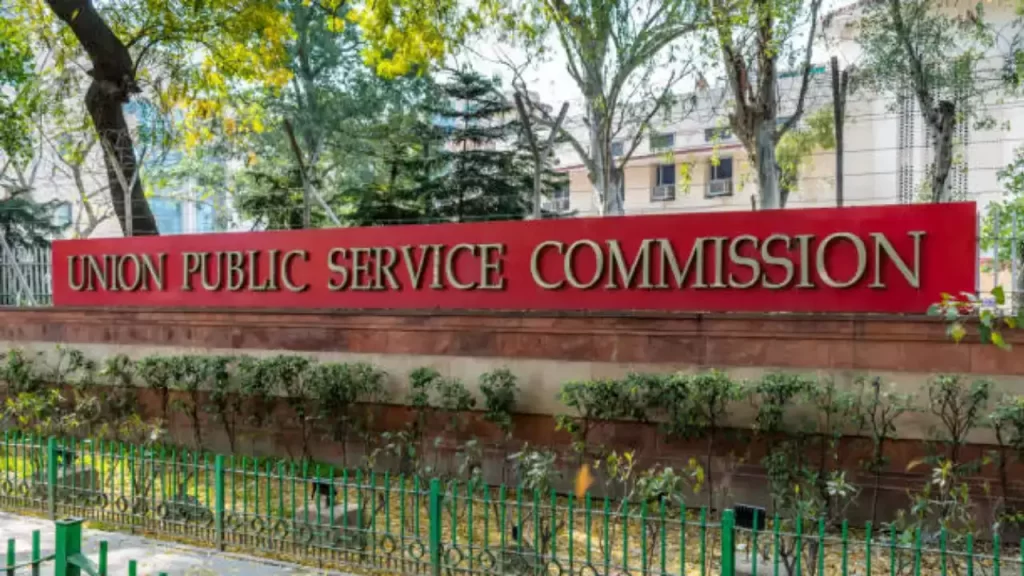INTRODUCTION TO THE CSE EXAM
Important Updates
Articles By Months

AN INTRODUCTION TO THE CSE EXAM
The UPSC conducts the civil services exam every year to recruit officers to the civil services. The civil services exam, commonly called the IAS exam. The IAS Selection process is set by the Union Public Service Commission There are both objective and subjective exams which are followed by a Personality Test.
The structure of the exam:
It consists of three successive stages:
- Civil Services (Preliminary) Exam (Objective Type) for the selection of candidates for Civil Services (Main) Exam,
- Civil Services (Main) Exam (Written) for the selection of candidates for the Personality Test,
- Interview/Personality Test for the selection of candidates for the various Services and posts.
The Prelims exam comprises two papers of the objective type with multiple choices: Paper I is based on general studies & Paper II is CSAT (Aptitude Test) & is of qualifying nature only (minimum 33% needed to qualify).
Each paper carries a maximum of 200 marks. This exam is meant to act as a screening test only & the marks obtained in it aren’t counted for determining the final order of merit.
The Mains exam consists of nine papers (two of which are of qualifying nature) & account for 1750 marks.
In this stage, you have to take nine papers all of which are descriptive in nature. The list of papers is given below:
1. Essay paper – 250 marks
2. Compulsory Indian language – 300 marks
3. Compulsory English language – 300 marks
4. General studies paper 1 – 250 marks
5. General studies paper 2 – 250 marks
6. General studies paper 3 – 250 marks
7. General studies paper 4 – 250 marks
8. Optional paper 1 – 250 marks
9. Optional paper 2 – 250 marks
In order to clear the mains exam, you will have to score the required cut-off marks in total. (The cut-off marks prescribed for both the prelims and the mains will be revealed only after the entire process of the UPSC CSE is over, i.e., after the final results are out).If you clear the mains exam and score the required cut-off, you will be summoned for the UPSC Personality test which is the final stage of the civil services exam.
The Interview stage accounts for 275 marks. This brings the grand total to 2025 marks.
In this stage, candidates will be subject to a panel interview by the UPSC board. In this round, candidates will be assessed on various parameters like the overall personality, presence of mind, mental toughness, ability to stay calm under pressure, etc. Basically, they evaluate whether a person is ‘civil servant material’ or not.As such, there is no prescribed syllabus for this round. Candidates will have to go prepared on various aspects like current affairs, their subjects of interest, general awareness, social issues and so on.The final result of the UPSC exam is generally announced a few days after the final day of the personality test.The
candidates, when they apply for the mains exam, have to give their preference
of cadre and service. The cadre indicates the places where you would work.
Based on the vacancies in each cadre for all the categories, and your rank
obtained, you will be allocated a cadre and a service after the final result.
Stage 4 : Eligibility
Academic Qualification
Must be a graduate.Undergraduate in last year or last semester can apply. Provided they’re getting final year/ semester marks sheet before filling the Mains application form (DAF). American and foreign degrees are also valid but have to get equivalent certificate from Association of Indian Universities (http://www.aiuweb.org/)Distance education degree valid form recognized by UGC/AICTE/any LawMBBS must have completed internship before UPSC Interview-stage comes.
Minimum Age and Attempts Limit
Age is counted on the 1st August of the given year. Minimum Age for any category is 21 years. Maximum age varies depending on category:
GENERAL & CREAMY OBC 32 years /6 attempts
NON-CREAMY OBC 35 years/ 9 attempts
SC / ST 37 years/ unlimited attempts
PH 42 years
UPSC civil service exam doesn’t provide relaxation in age, attempt or fees for the EWS.
physical handicap category: (GENERAL | OBC) = 9 attempts while PH (SC | ST) = Unlimited Attempts, till upper age.
J&K Domicile OR Ex-serviceman get additional +5 years’ age relaxation. Although their attempt depends on category. E.g. J&K domicile non-creamy layer OBC will get only 9 attempts but his upper age limit will be 35+5= 40 years.
Why is the exam considered to be the toughest to crack?
Is it because the content asked is tough? No. It is considered as a ‘Generalist’s’ exam; one needs to have sound knowledge of basics studied from NCERTs during school, a little advanced knowledge that builds upon the basics from standard books & be abreast with current affairs about India & the world through newspapers & magazines.
It is tough to crack it because of the huge competition. The 71st Annual Report released by UPSC states that the number of applicants for the UPSC CSE Prelims(including IFoS(P)) exam in 2020-21 was 10,56,835 & the number of aspirants who appeared was 4,86,952. The number of applications received for it in 2019-20 was 11,54,769 & 5,74,980 appeared that year; out of which only 2302 made it to the interview stage & 922 were finally recommended. Sounds mind-boggling & tough?












